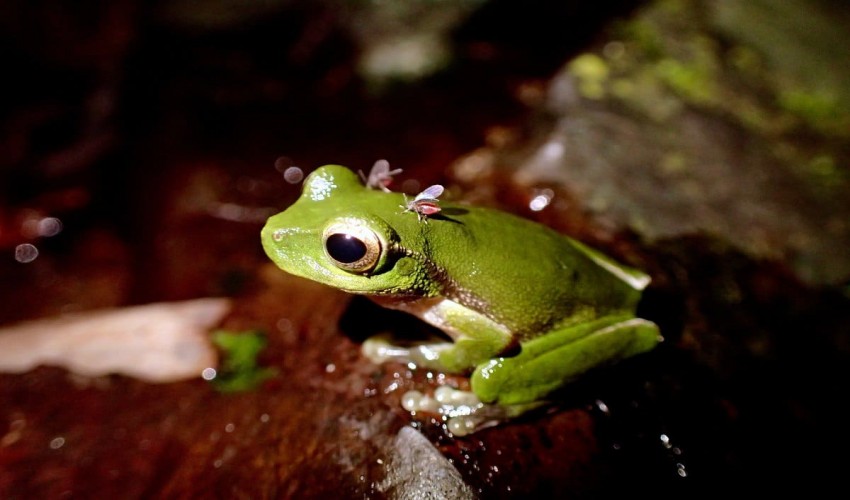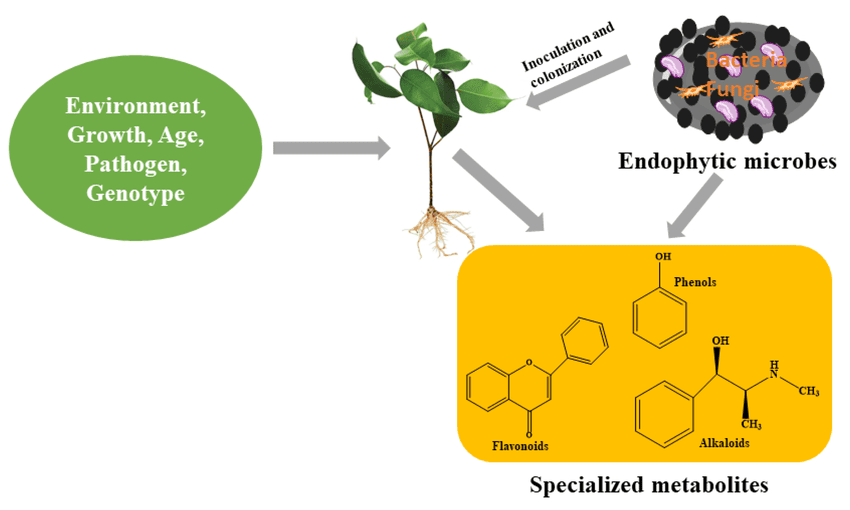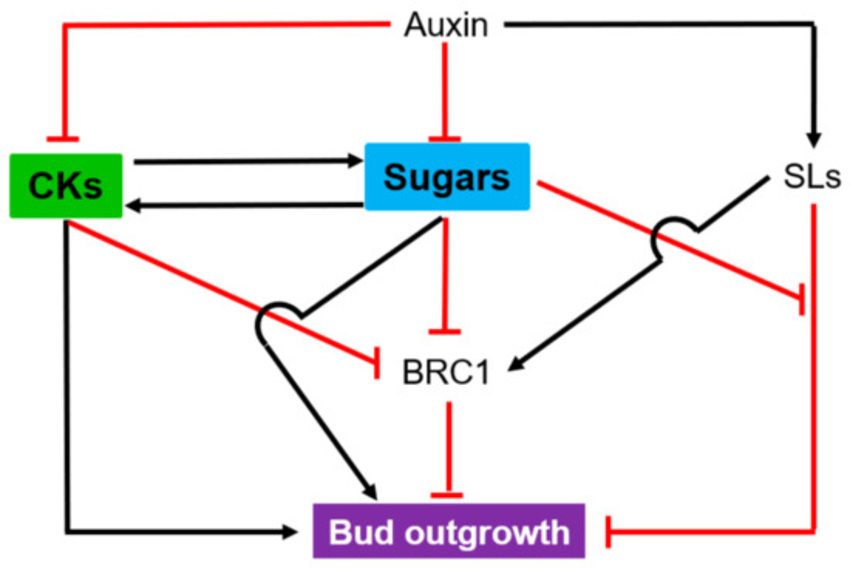Plant Molecular Biology
52
Unique Mosquito Feeding Behavior on Frog Nostrils Observed in Australia
- Rating
- Mosquitoes
- Frogs
- Nostril Feeding
- Disease Transmission
- Amphibian Chytrid Fungus
- Behavioral Ecology
- Biodiversity Conservation
Researchers have observed a unique behavior in a species of Australian mosquitoes: they exclusively feed on the nostrils of frogs. This specific feeding site is unusual compared to other mosquito species, which tend to bite various parts of their amphibian hosts. The nostrils' thin and soft skin, likely rich in blood vessels, makes them an appealing target for these mosquitoes.
This behavior was noted through a series of photographic observations conducted over a period from 2020 to 2022. The mosquitoes, known for their diet comprising amphibians, mammals, and birds, showed a highly specialized approach when feeding on frogs. This specificity in feeding behavior is intriguing, especially considering the risks involved, as frogs are known insect predators.
The nostril-focused feeding is of particular interest to scientists because of its potential implications for the transmission of diseases, notably the amphibian chytrid fungus. This fungus poses a significant threat to global amphibian populations. Understanding the feeding patterns of mosquitoes on frogs could shed light on how this infection spreads across frog populations, which is crucial for conservation efforts.
The observed behavior also raises questions about the strategies mosquitoes use to avoid detection and predation by their amphibian hosts. The study's findings open avenues for further research, including laboratory experiments, to confirm these behaviors and explore their implications for disease transmission in various animal species. This research is particularly relevant for species like the green and golden bell frogs, which are already vulnerable due to factors such as habitat loss. Understanding mosquito-host interactions is key to addressing broader ecological and conservation challenges.
CITATIONS
- J. Gould and J.W. Valdez. A little on the nose: mosquitoes target frog nostrils for blood meals. Ethology. November 21, 2023. doi: 10.1111/eth.13424.
- J. Gould et al. Mosquitoes as a potential vector for the transmission of the amphibian chytrid fungus. Acta Zoologica Lituanica. Vol. 29, July 2019, p. 38. doi: 10.35513/21658005.2019.1.5.
Leave a Reply
Your email address will not be published. Required fields are marked *


